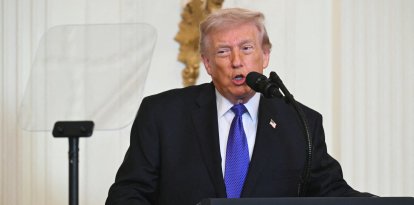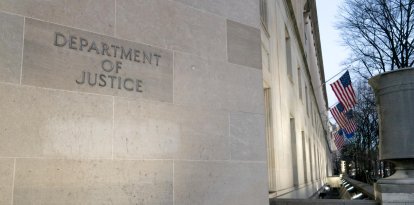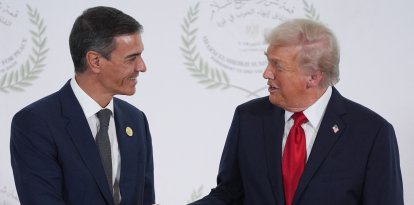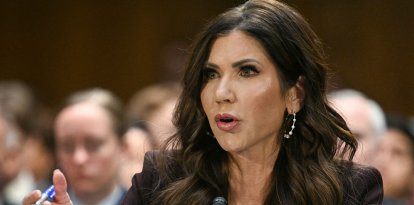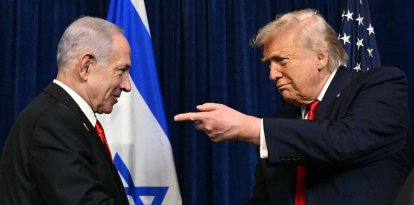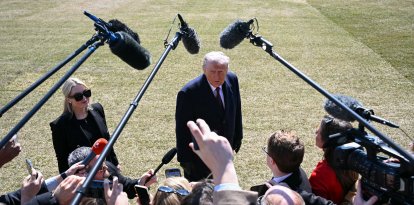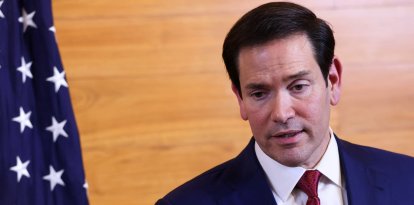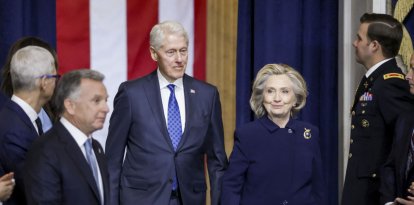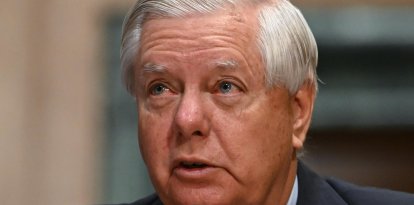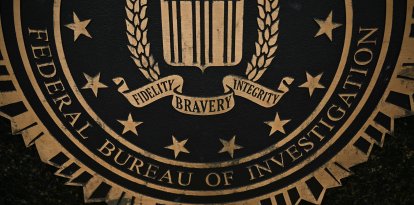Trump asks to postpone the Jan. 6 trial to 2026
Gregory Singer, legal representative for the former president, requested to postpone the date proposed by the prosecution by two years due to the abundance of information to be reviewed and the "complex and unusual" nature of the case.
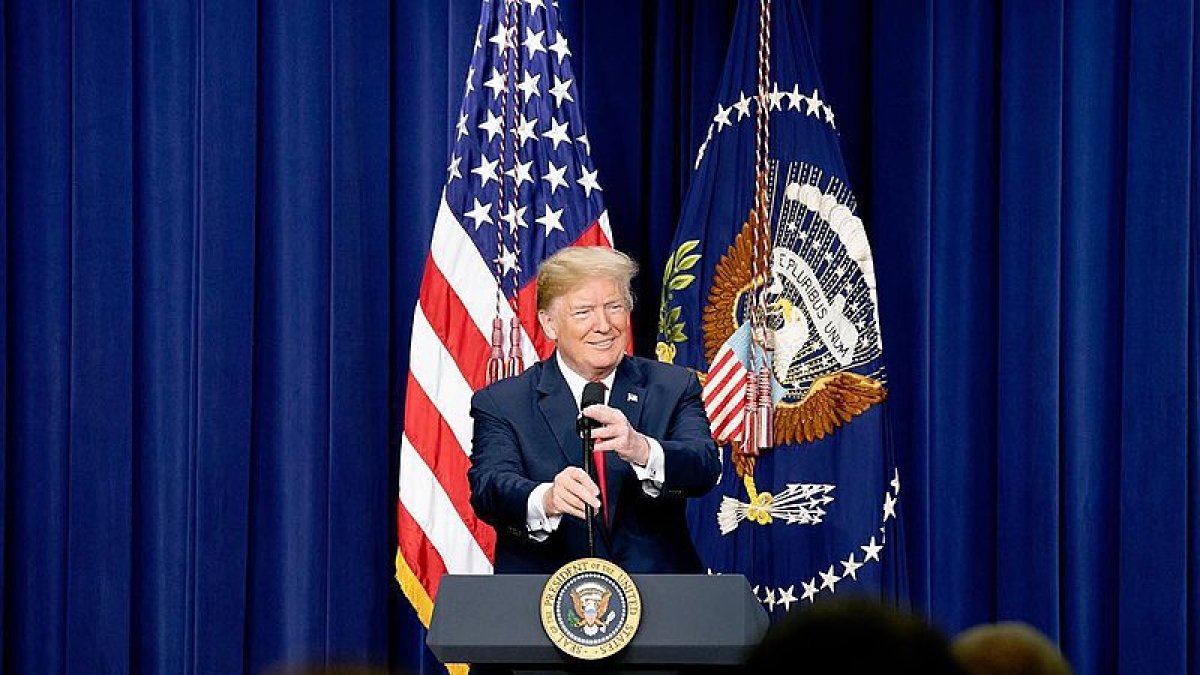
Donald Trump (Wikimedia Commons)
Former President Donald Trump's lawyer Gregory Singer asked to delay the start of the Jan. 6 trial until April 2026.
Singer argued in a proposal to Judge Tanya Chutkan that meeting the date proposed by the prosecution, Jan. 2, 2024, would rush the process, violate Trump's rights and, in addition, be "flatly impossible."
Therefore, he proposed a timetable that would postpone the process for more than two years. The new dates, he argued, will "balance" Trump's rights — the right to counsel and a fair trial — with the public's need for a prompt ruling.
As part of his proposal, the lawyer noted that the government had had a "blank check" for more than two and a half years to investigate Trump. He was being given four months. Why? "The government’s objective is clear: to deny President Trump and his counsel a fair ability to prepare for trial."
"A tower of paper stretching nearly 5,000 feet into the sky." This is how Singer described the amount of information (not even including audio recordings and videos) that he would have to process to correctly defend the former president:
Singer reasoned that if the timetable presented by Jack Smith's team was already too hasty for a trial in usual circumstances, it became even worse considering that "this case is not just complex or unusual. It is ‘terra incognita.’"
In addition, he argued that there would not be enough time to disclose necessary classified information. This usually takes a minimum of six months and may conflict with other trials for which Trump must prepare.













